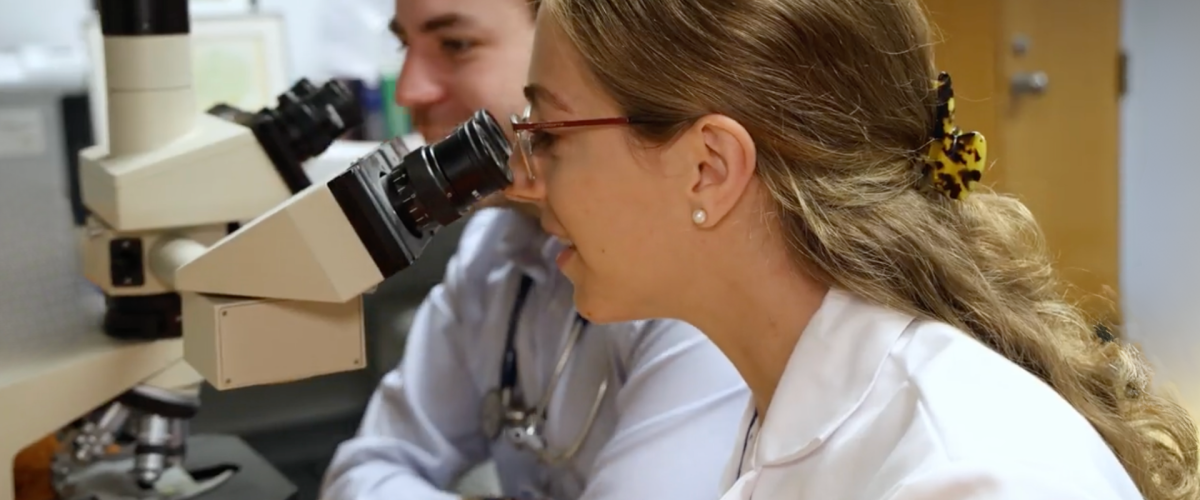
Research is a key mission of the Department of Medicine. Our faculty investigators are known for results with high impact on improving health outcomes.
Similarly, the Duke Internal Medicine Residency Program promotes and nurtures resident research and productivity to:
- Train the next generation of clinical investigators and physician-scientists
- Promote intellectual and academic curiosity
- Support academic fellowship and job applications
- Lay the foundation for successful careers in academic medicine.
Scholarly Activities
All Duke Internal Medicine residents are required to carry out scholarly activities. There are diverse opportunities, including case studies, literature reviews, teaching conferences, quality improvement projects, as well as research projects. Residents are strongly encouraged to directly become involved in mentored research and other scholarly pursuits, including patient-oriented research, basic laboratory-based investigation, as well as translational research projects.
Advising and Mentoring

Every Duke Internal Medicine resident is assigned a faculty advisor who meets regularly with the resident to discuss clinical performance, academic opportunities and career interests. Early in your training, your specific background and research interests as well as your career aspirations are identified. Potential research mentors are suggested and contacted so that you can begin to identify your mentor(s), schedule meetings and formulate research projects. Learn more.
Research Events & Awards
All residents are encouraged to submit their research findings for presentation at local or national professional and scientific society meetings, such as the annual meeting of the American College of Physicians or scientific society meetings of subspecialties of Internal Medicine.
Residents present their research projects during the Resident Research Grand Rounds in late spring of each academic year. Project abstracts are reviewed by faculty who select the winners of the Califf Medicine Resident Research Awards, which promote and celebrate resident research. Additionally, top posters for resident research and quality improvement projects are recognized at the conclusion of poster sessions and oral research presentations. Learn more.
Learn about other resources available to support your research career here.